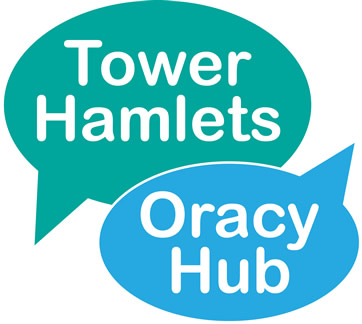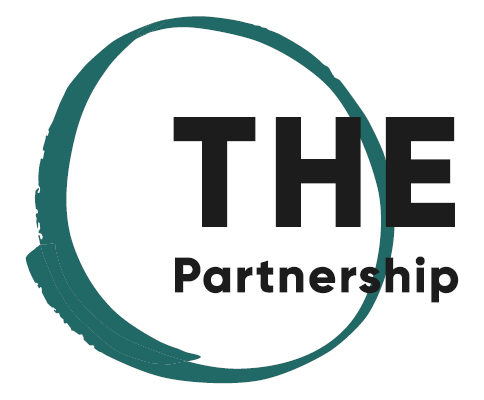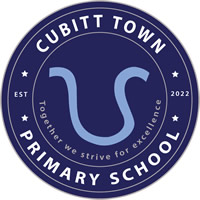Day 3: Oracy Hub Twilight - Sharing Practice
November 2019
Two weeks later, we met as a hub to discuss the term and share any practice that had taken place. Although it was a miserable evening and had already got dark before we began at 4.30pm, the session itself was buzzing with ideas, positivity and rich discussion. It is clear that innovative oracy teaching methods and strategies are being used across our hub of schools. Discussion Guidelines seem to have been an immediate success, with classes and in some cases whole schools developing approaches to scaffolding talk. Some use of discussion roles has also proved effective, with children learning to take the position of instigator, summariser, builder and clarifier.
Teachers at Marion Richardson Primary have also created eye-catching discussion cards to further support talk (see picture). Another school had developed a ‘Discussion Tree’ which visually tracks a discussion, with new branches denoting points that take new directions, rather than building on previous ideas. In a similar vein, unifix cubes have been used in some classrooms to provide a visual account of participation in discussions, with children literally building on each other’s ideas!
Expectations for talk were also a common thread in discussions. Some schools are experimenting with children standing up when delivering their opinions, and many are insisting on full sentence answers (when appropriate). Explicitly teaching the skills of polite greetings also came up, with some teachers now taking the time each morning to personally greet every child and expect meaningful responses. Trios seem to be commonplace in hub schools and Marner Primary has been experimenting with the traverse as a strategy to encourage and support talk.
Some schools have attempted to implement oracy outcomes across the curriculum. Links between P4C and oracy were discussed, as well as starters to encourage discussion in topic lessons. Our insightful keynote speech delivered by Andrew Robertson, maths lead at Cubitt Town, explored how to effectively use oracy in maths to help develop reasoning skills. A range of tangible ideas were modelled and shared.
At a whole-school level, some members of the hub have been running training sessions and twilights, while others have developed whole school approaches to strategies like discussion guidelines. Oracy Ambassadors have been installed in some schools, with children acting as advocates for raising the profile of spoken language and communication. Overall, it is evident that the status of oracy since we launched the hub has grown in many schools, largely down to the hard work and commitment of our members. In many cases, the impact on the children’s spoken language skills and the richness of discussion is already beginning to be discernible.
And all of this in under a term. Just imagine where we could be by the end of the year!



Comments
No comments yet